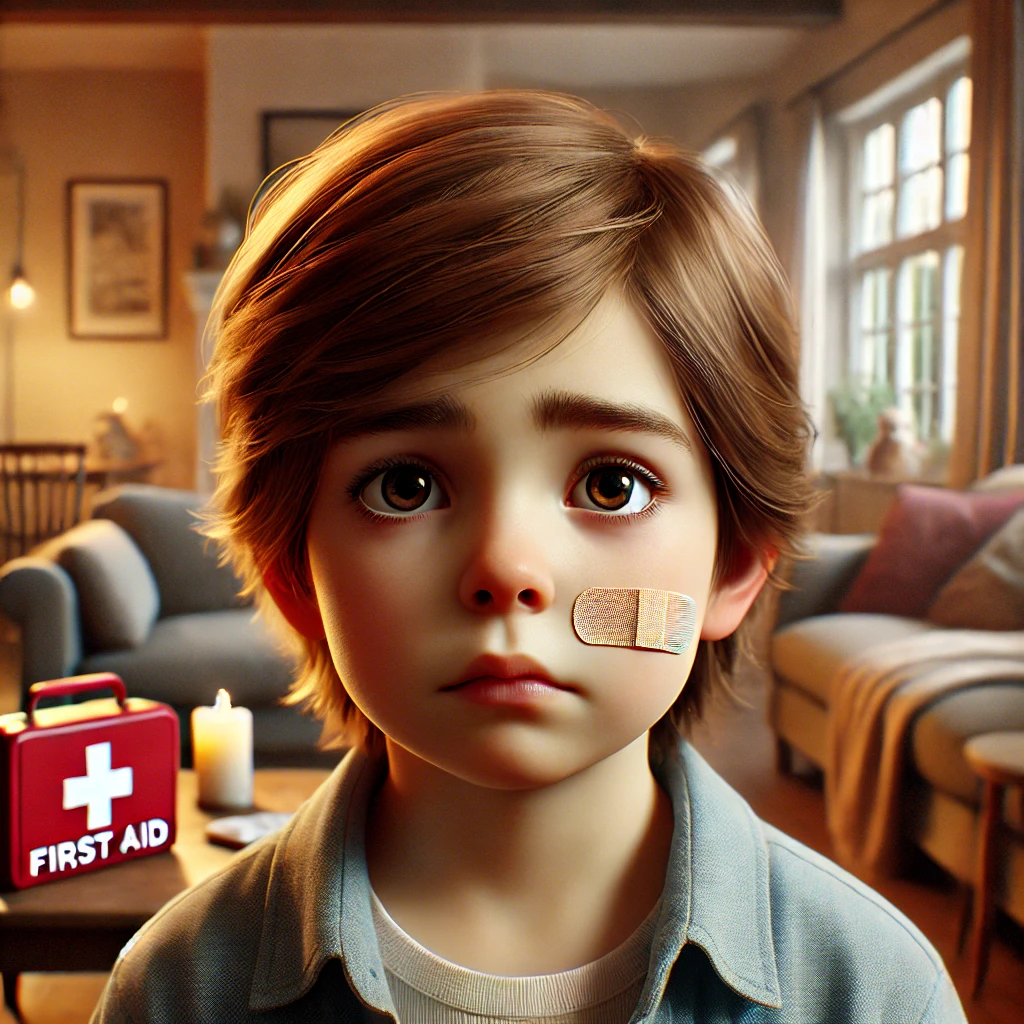
How to Manage Cuts and Wounds on the Mouth and Lips
Children frequently suffer minor cuts and injuries to their mouths and lips, especially during activities like playing, climbing, or engaging in sports. Most of these injuries can be treated at home with basic first aid. The gums, tongue, and lips are rich in blood vessels, which is why these areas tend to bleed significantly when injured. However, they also heal quickly and usually do not require stitches, unlike other areas of the body.
First Aid for Shallow Cuts and Wounds
Here are the steps to manage cuts and wounds:
- Stay calm and reassure your child that you can help.
- Wash your hands thoroughly.
- Apply gentle pressure using a clean cloth or bandage for a few minutes to stop the bleeding.
- If the wound is on the lips or the outer part of the mouth, clean it with soap and water once the bleeding has stopped. Avoid scrubbing the area. Rinse with water for several minutes to remove any dirt, as poorly cleaned cuts can lead to scarring. After cleaning:
- Apply an antiseptic cream or lotion.
- Give your child an ice pop or ice cube to suck on. This helps reduce both bleeding and swelling.
- Monitor the area daily, ensuring it remains clean and dry.
- Do not blow on the wound, as this can promote the growth of bacteria.
- Apply sunscreen (SPF 15 or higher) to the healed wound to prevent scarring. Avoid using sunscreen during the first 1-2 weeks after the injury, as the wound is still healing.
- If the injury is inside the mouth, rinse the area with cool water for several minutes. Remove any debris, then:
- Provide your child with an ice pop or ice cube to suck on, helping to control bleeding and swelling.
- Ensure the area is cleaned daily.
- Continue to bleed after 10 to 15 minutes of direct pressure. In cases of heavy bleeding, apply pressure for at least 10 minutes without interruption. If the cloth becomes soaked, place a new cloth over it, but do not remove the first one. Keep in mind that facial wounds tend to bleed more than other body areas.
- Are deeper than ½ inch or more extensive.
- Are large and located on the face.
- Are caused by puncture wounds or dirty/rotten objects.
- Contain debris such as dirt, stones, or gravel.
- Have ragged or separated edges.
- Result from a bite from either a human or animal.
- Are extremely painful or if there is concern of a fracture or head injury.
- Show signs of infection, such as increased warmth, redness, swelling, or drainage.
- Go from the inside of the mouth to the outside of the skin.
- Pass through the border of the lips where the red part of the lips meets the skin.
- Your child has not had a tetanus shot in the past 5 years, or if you’re unsure of the last shot.
- You have concerns about the wound or need clarification.
- Teach your child to avoid running or walking while holding objects in their mouth.
- Encourage them not to chew or suck on hard, sharp, or pointed objects like pencils.
- Advise them to avoid putting their face close to an animal’s face or mouth.
- Ensure your child wears a mouthguard during sports to protect their mouth from injuries.
Even small cuts on the lips may cause noticeable changes in the lip’s outline and may require stitches to ensure an even border and minimize scarring. Cuts at the corners of the mouth, where the upper and lower lips meet, can cause severe bleeding.
Injuries inside the mouth, despite their size, often heal without the need for stitches. However, if the wound is large and food is likely to get caught, stitches might be necessary. For bruises, blisters, or swelling on the lips caused by injury, applying cold compresses or sucking on ice pops for the first 24 hours can help alleviate pain and reduce swelling.
When to Seek Medical Attention
Consult a healthcare provider if the wound requires more than basic first aid. Seek immediate medical care for cuts or wounds that:
Also, get medical attention if:
Preventing Mouth Injuries
To help prevent mouth injuries in children:
© 2000-2025 The StayWell Company, LLC. All rights reserved. This information is not a substitute for professional medical advice. Always follow your healthcare provider’s instructions.